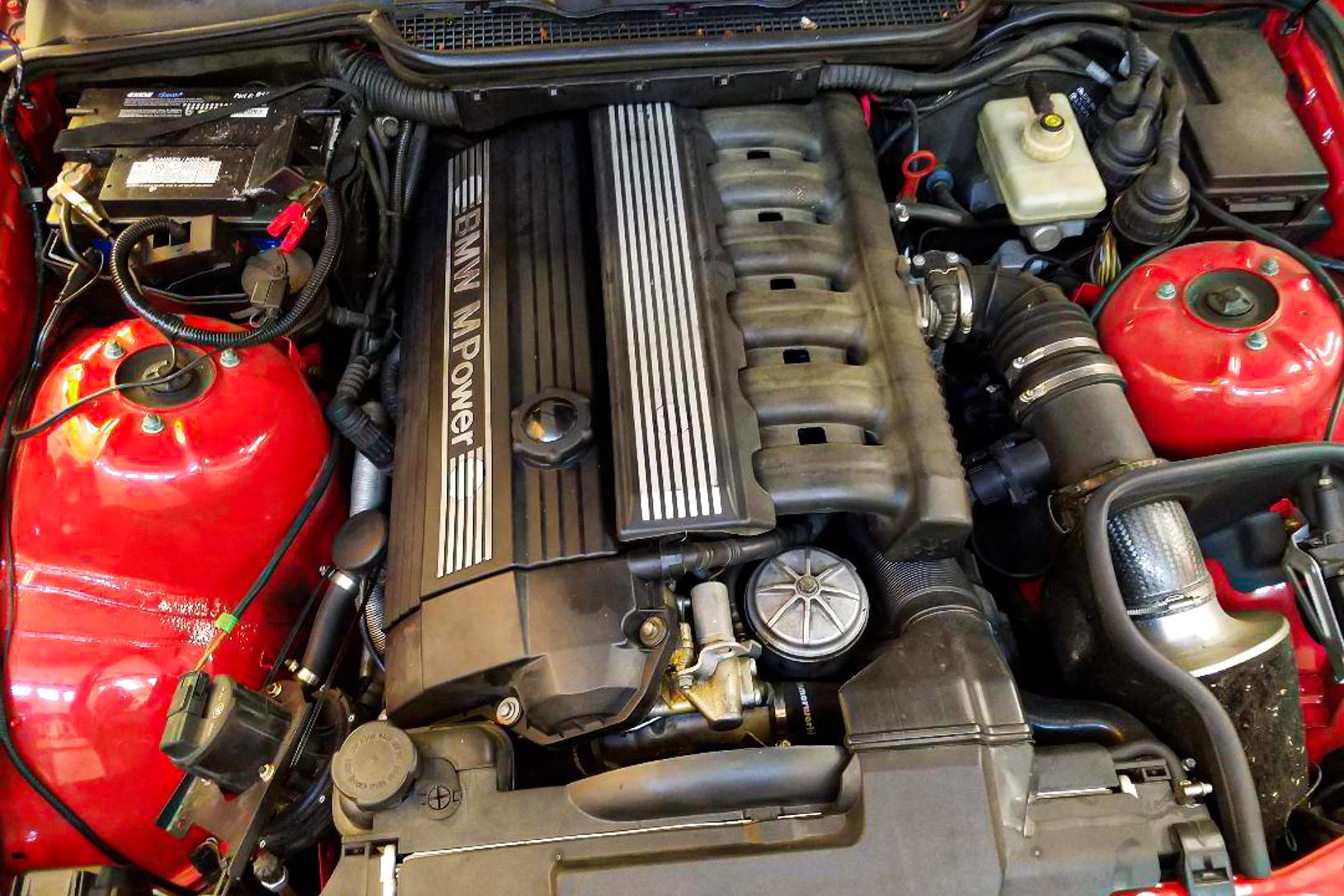Secret Attributes to Seek When Investing In an Engine for Automotive Applications
When considering the acquisition of an engine for automobile applications, a number of key functions require mindful analysis to make certain optimal performance and functionality. From power and efficiency abilities to fuel toughness, adherence, and performance to exhausts criteria, each element plays an important function in determining the engine's viability for certain auto needs.
Power and Efficiency
When picking a vehicle engine, buyers prioritize power and performance to make certain optimal driving experience and effectiveness. A well-performing engine not just supplies power successfully however additionally runs efficiently throughout different speed ranges and driving problems.
Customers typically think about the engine's torque output together with its power score. Torque, measured in pound-feet (lb-ft) or Newton-meters (Nm), reflects the engine's rotational pressure, influencing the lorry's capability to tow, climb slopes, and accelerate from grinding halt. A balance between power and torque is important for achieving a functional and responsive driving experience. Furthermore, factors such as engine crossbreed, turbocharging, and variation innovations play significant roles in enhancing both power and efficiency levels. Ultimately, picking an engine that supplies a potent mix of power and performance makes certain a effective and enjoyable driving experience. bmw 318ti.
Gas Effectiveness
When examining auto engine alternatives,Enhancing gas effectiveness is a vital factor to consider for customers. The performance of an engine straight influences operating expense and ecological footprint. One essential factor influencing gas effectiveness is the engine's design and innovation. Modern engines with attributes like straight gas injection, turbocharging, and variable shutoff timing can considerably boost fuel efficiency by boosting combustion processes and lowering energy loss. In addition, the total weight of the engine and car, in addition to the aerodynamics, play critical duties in establishing gas intake.

Resilience and Integrity
Achieving resilient efficiency and reliable procedure is important for customers evaluating the longevity and integrity of vehicle engines. When considering an engine for vehicle applications, resilience refers to the engine's capacity to stand up to wear, tension, and rough operating conditions over an extended duration. Reliability, on the other hand, implies that the engine can continually perform its desired feature without unanticipated breakdowns or failings.
Customers must seek engines built with top notch materials and accurate engineering to ensure long life. Elements such as bearings, crankshafts, and pistons should be long lasting to take care of the engine's power result without premature wear. In addition, engines equipped with innovative cooling systems, effective lubrication, and robust filtration devices have a tendency to exhibit greater levels of dependability.
Regular upkeep and adherence to supplier suggestions are likewise important aspects in preserving an engine's longevity and dependability. By following upkeep timetables, using advised fluids, and addressing any type of problems quickly, consumers can maximize the lifespan and efficiency of their auto engines. Inevitably, focusing on durability and reliability in engine choice can cause an extra rewarding possession experience with less unexpected disturbances.
Emissions Compliance
Making certain compliance with emissions policies is a critical facet of examining automobile engines for ecologically aware customers. With enhancing problems about air quality and ecological impact, rigorous exhausts requirements have actually been placed in place globally official statement to reduce unsafe toxins launched into the ambience. When purchasing an engine for automotive applications, it is necessary to consider its emissions conformity to lessen the carbon impact and stick to legal needs.
Modern engines are outfitted with sophisticated discharge control technologies such as catalytic converters, exhaust gas recirculation (EGR) systems, and discerning catalytic decrease (SCR) to decrease damaging exhaust gases like nitrogen oxides (NOx), carbon monoxide (CARBON MONOXIDE), and hydrocarbons (HC) These systems play an essential duty in making certain that the engine meets the specified emissions standards and runs within allowable limits.

Cost-effectiveness
When considering vehicle engine purchases, evaluating cost-effectiveness is critical for customers looking for both performance and worth. It includes the total costs related to maintenance, fuel intake, and prospective fixings over the engine's lifespan.
One secret facet of cost-effectiveness is fuel effectiveness. Engines that are created to take full advantage of gas economy can bring about substantial cost savings in time, especially for individuals that drive often or over lengthy ranges. Furthermore, taking into consideration the accessibility and price of spare components and maintenance can add to the total cost-effectiveness of an engine. Making certain that upkeep and fixings are easily accessible and reasonable can avoid unexpected economic problems down the line.

Final Thought
Finally, when buying an engine for vehicle applications, it is vital to consider essential functions such as power and performance, fuel reliability, durability and performance, exhausts compliance, and cost-effectiveness. These elements are important in ensuring that the engine satisfies the demands of the car and operates properly in different driving problems - bmw 318ti. Making an educated decision based upon these standards you could try this out will ultimately bring about a effective and effective vehicle engine purchase
From power and efficiency capacities to sustain adherence, performance, and resilience to emissions criteria, each element plays a crucial role in determining the engine's viability for particular auto demands. Engines developed to run on different fuels such as electric power, hybrid systems, or biofuels can provide better gas economy and lower exhausts contrasted to typical gasoline or diesel engines. Customers should meticulously take into consideration the gas effectiveness useful link scores and technologies included right into automotive engines to make educated buying decisions that straighten with their concerns for price financial savings and sustainability.
When taking into consideration an engine for vehicle applications, resilience refers to the engine's capacity to withstand wear, stress and anxiety, and harsh operating conditions over an extended duration.In conclusion, when buying an engine for auto applications, it is critical to consider crucial attributes such as power and performance, gas dependability, effectiveness and sturdiness, discharges conformity, and cost-effectiveness.